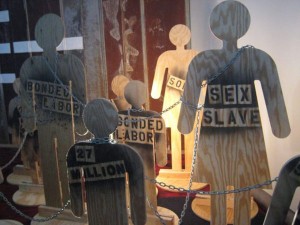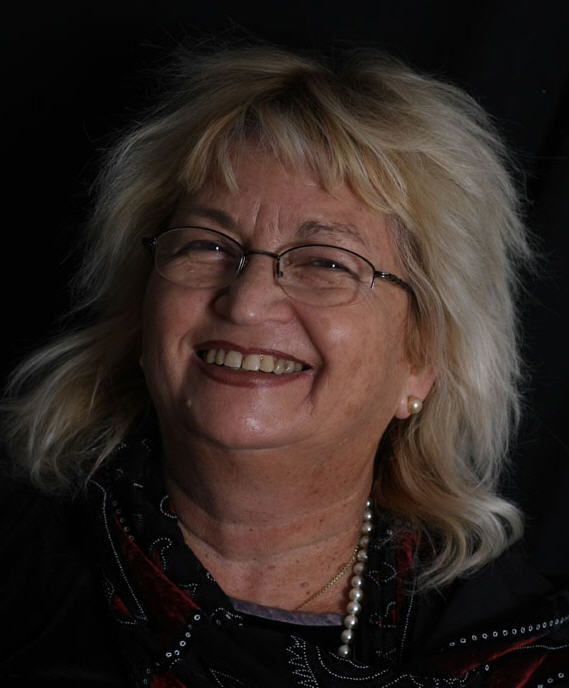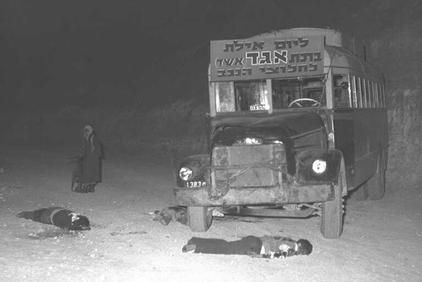 In Israel and all around the world Jews are preparing for Passover. While everyone has their own way of celebrating the holiday, most Jews will dedicate at least one night to retelling the story of Pesach and remembering when we were slaves in Egypt. Yet, most people tend to think of slavery in a historical context, making it difficult to relate to the experience of slavery.
In Israel and all around the world Jews are preparing for Passover. While everyone has their own way of celebrating the holiday, most Jews will dedicate at least one night to retelling the story of Pesach and remembering when we were slaves in Egypt. Yet, most people tend to think of slavery in a historical context, making it difficult to relate to the experience of slavery.
However, slavery persists among us. The United Nations estimates that 27 million people are enslaved worldwide, meaning that more people are enslaved now than at any other point in human history. Although slavery has been outlawed in every country, there isn’t a country in the world free of it – including Israel. Whether we like it or not, slavery continues to be a pressing and modern issue.
Pesach is a particularly appropriate time to consider questions of slavery. During this holiday we encourage you to think deeply about the Jewish people’s history of oppression. It is this history that positions us to uniquely understand the suffering of others still living in bondage. ATZUM’s Task Force on Human Trafficking has developed a guide to help you and your community talk about and address modern slavery.
Click here to download this Passover supplement. – Pesach-and-Modern-Slavery
This holiday let us celebrate the freedom we were granted, by advocating for the freedom of others. Hag Pesach Semach, and a season of freedom from hate and oppression for all Israel and all of humankind.




 Miri Furstenberg, 61, lives in Rishon Lezion and is the widowed mother of two and grandmother of four. She is a survivor of the Ma’ale Akrabim massacre, an attack on a bus that killed eleven passengers including her entire family.
Miri Furstenberg, 61, lives in Rishon Lezion and is the widowed mother of two and grandmother of four. She is a survivor of the Ma’ale Akrabim massacre, an attack on a bus that killed eleven passengers including her entire family. Miri grew up an orphan on a kibbutz, without rehabilitation, her experience typical of many terror survivors from Israel’s early years when the State was ill-equipped to address their needs. Despite Miri’s traumatic, emotionally disadvantaged childhood, she worked hard to rebuild her life, raised and supported two children. In addition to now working long hours as a taxi driver for some of Israel’s most prominent professionals, Miri volunteers helping poverty stricken families as well as mentally retarded adults.
Miri grew up an orphan on a kibbutz, without rehabilitation, her experience typical of many terror survivors from Israel’s early years when the State was ill-equipped to address their needs. Despite Miri’s traumatic, emotionally disadvantaged childhood, she worked hard to rebuild her life, raised and supported two children. In addition to now working long hours as a taxi driver for some of Israel’s most prominent professionals, Miri volunteers helping poverty stricken families as well as mentally retarded adults.


